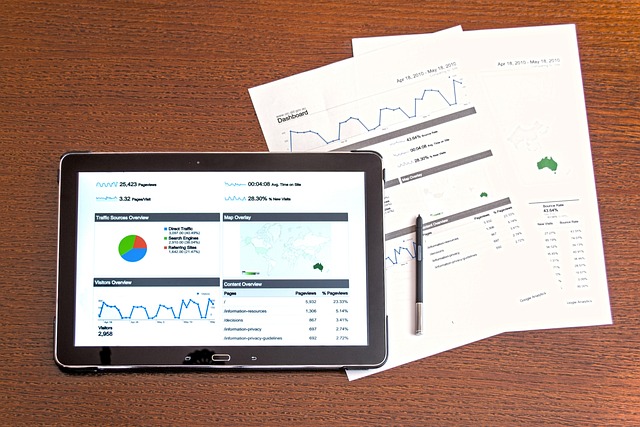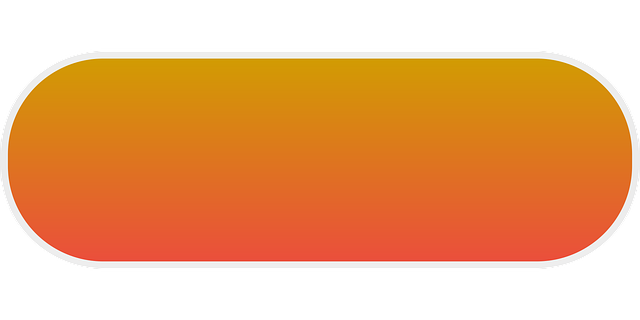AI guest occupancy forecasting is transforming hospitality by leveraging machine learning to predict future guest numbers with high accuracy, based on historical data and trends. This technology enhances decision-making, optimizes pricing and operations, and drives revenue while maintaining guest satisfaction. Integrating AI sales forecasting tools in hotels allows for real-time insights, improved operational efficiency, and a competitive advantage in dynamic markets, success hinging on data quality, collaboration, and personalized models.
In today’s competitive hospitality market, precise sales forecasting is crucial for business success. AI guest occupancy forecasting offers a game-changing solution, leveraging advanced algorithms to analyze historical data and predict future trends. This article explores how AI-powered sales forecasting can unlock valuable insights, enhance decision-making, and drive growth in the hotel and hospitality industries. From understanding the technology to implementing effective strategies, we delve into the benefits and best practices for successful integration.
- Understanding AI Guest Occupancy Forecasting: Unlocking Business Insights
- The Benefits of Implementing AI-Powered Sales Forecasting Solutions
- Strategies for Effective AI Integration in Hotel and Hospitality Industries
Understanding AI Guest Occupancy Forecasting: Unlocking Business Insights

AI Guest Occupancy Forecasting is a game-changer for businesses in the hospitality industry. By leveraging advanced machine learning algorithms, this technology predicts future guest occupancy with remarkable accuracy. It analyses historical data, seasonal trends, and various other factors to offer valuable insights that can shape strategic decisions.
This forecasting solution goes beyond simple numbers; it unlocks a deeper understanding of market dynamics and guest preferences. With AI-driven insights, businesses can optimize pricing strategies, enhance marketing campaigns, and improve overall operational efficiency. By accurately anticipating occupancy rates, hotels, and resorts can maximize revenue potential while ensuring a balanced level of guest comfort and satisfaction.
The Benefits of Implementing AI-Powered Sales Forecasting Solutions

Implementing AI-powered sales forecasting solutions offers a myriad of benefits for businesses, especially in dynamic markets. These advanced systems leverage machine learning algorithms to analyze vast historical sales data, market trends, and external factors, enabling accurate predictions of future sales performance. Unlike traditional methods, AI guest occupancy forecasting considers not only past patterns but also emerging influences, providing a more nuanced understanding of customer behavior and market shifts.
With AI, businesses can significantly enhance their decision-making processes, from inventory management to strategic planning. Real-time insights into sales trends allow for agile responses to changing demands, minimizing stockouts or overstocking scenarios. Moreover, AI forecasting models can be integrated into existing CRM systems, offering a seamless experience and ensuring data consistency. This not only streamlines operations but also empowers sales teams with actionable intelligence, driving increased productivity and improved customer satisfaction.
Strategies for Effective AI Integration in Hotel and Hospitality Industries

The integration of Artificial Intelligence (AI) in the hotel and hospitality industries is transforming how businesses operate and make critical decisions, particularly when it comes to sales forecasting. AI guest occupancy forecasting has become a powerful tool for hospitality providers, offering precise predictions that can significantly impact revenue management. By leveraging machine learning algorithms, these systems analyze historical data, current trends, and external factors to estimate future occupancy rates with remarkable accuracy. This enables hoteliers to optimize room pricing, enhance profit margins, and improve overall operational efficiency.
Effective AI integration in this sector involves several strategies. Firstly, data quality is paramount; clean, structured datasets containing guest preferences, booking patterns, and seasonal trends are essential for training models. Secondly, collaboration between IT departments and business stakeholders ensures that AI solutions align with strategic goals. Moreover, personalized AI models tailored to individual hotel characteristics can provide more precise forecasts, considering unique factors like local attractions and competition. With the right implementation, AI guest occupancy forecasting becomes a game-changer, helping hotels stay competitive and adapt to ever-changing market dynamics.
AI guest occupancy forecasting is transforming the hotel and hospitality industries by providing data-driven insights that enhance sales strategies. By leveraging AI-powered solutions for business sales forecasting, companies can make more informed decisions, optimize room rates, and improve overall revenue. Implementing these innovative tools allows for precise predictions, enabling businesses to adapt to market changes swiftly. Effective integration strategies, as outlined in this article, ensure that AI becomes a valuable asset, revolutionizing operations and fostering long-term success in a competitive industry.
